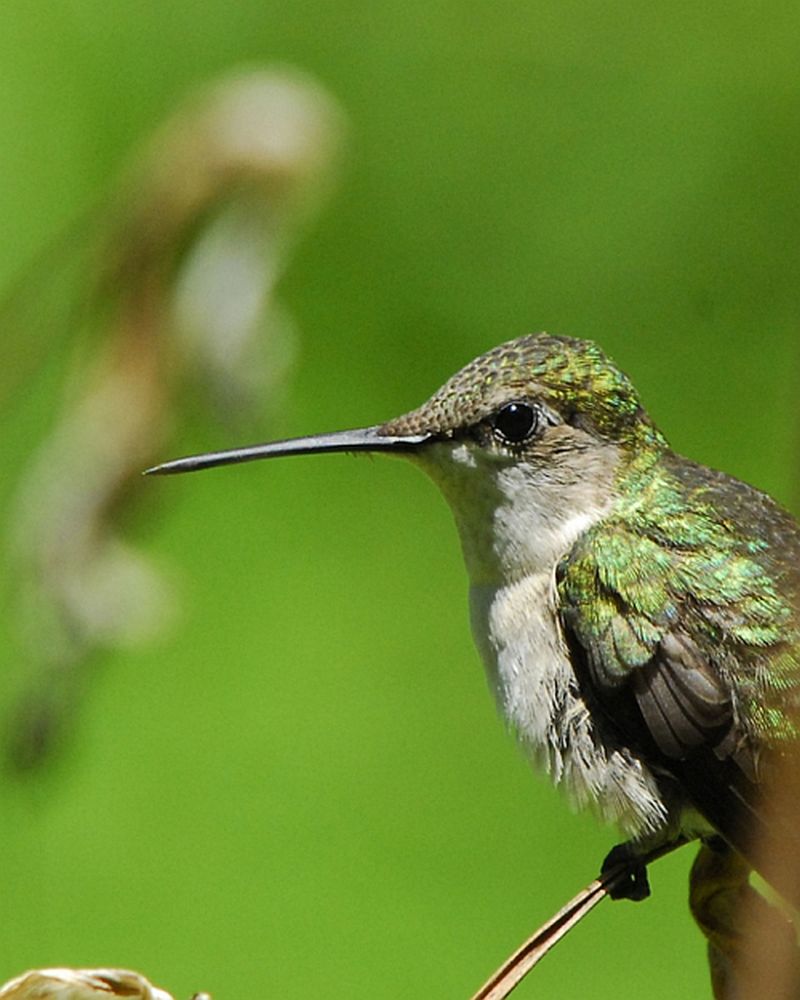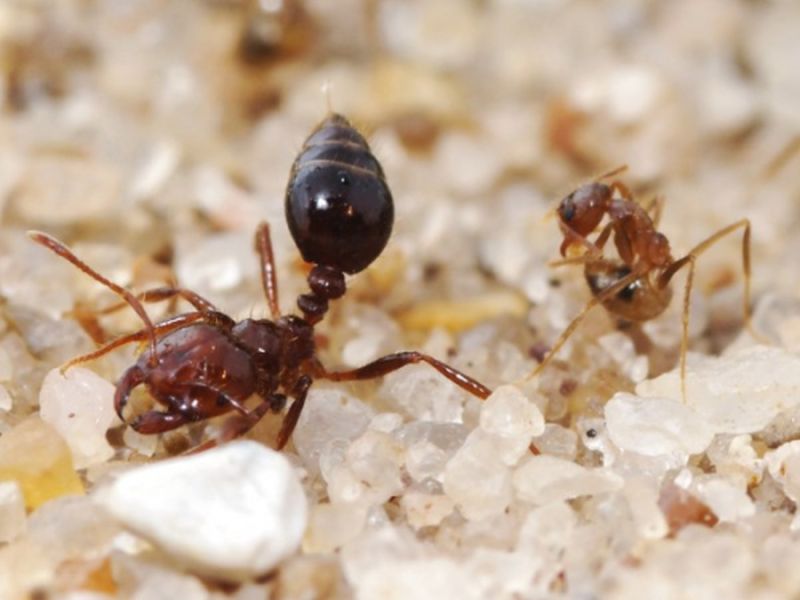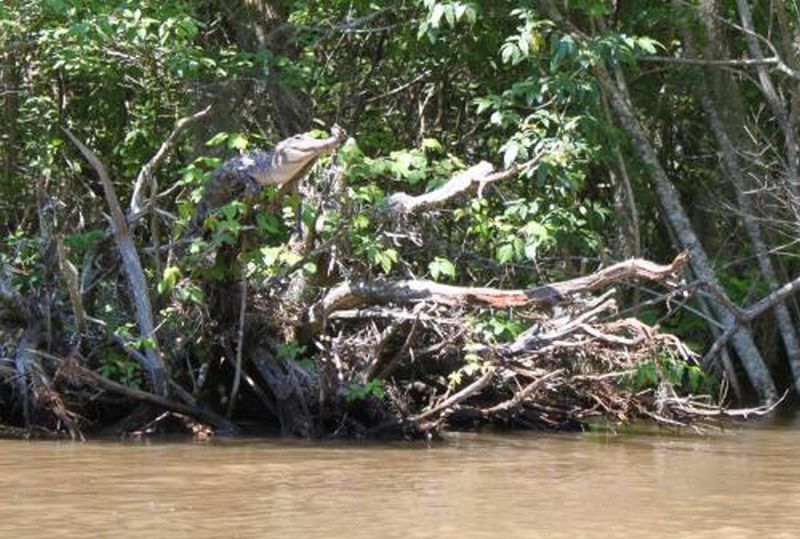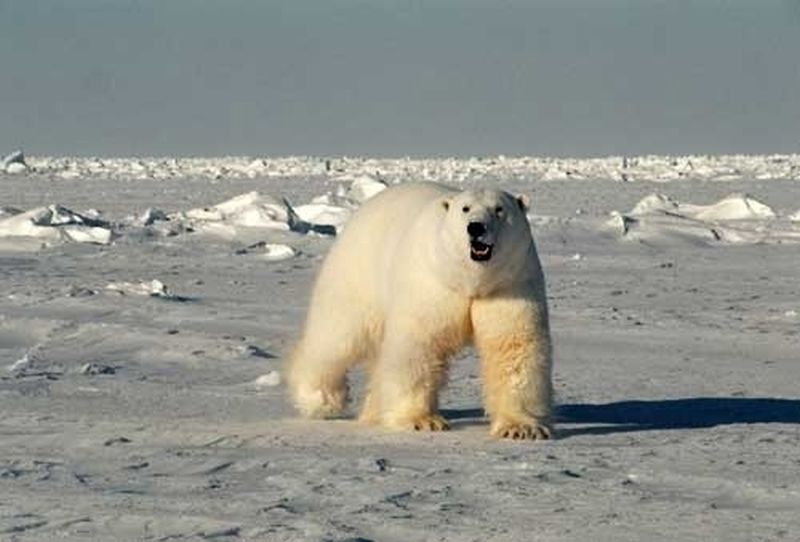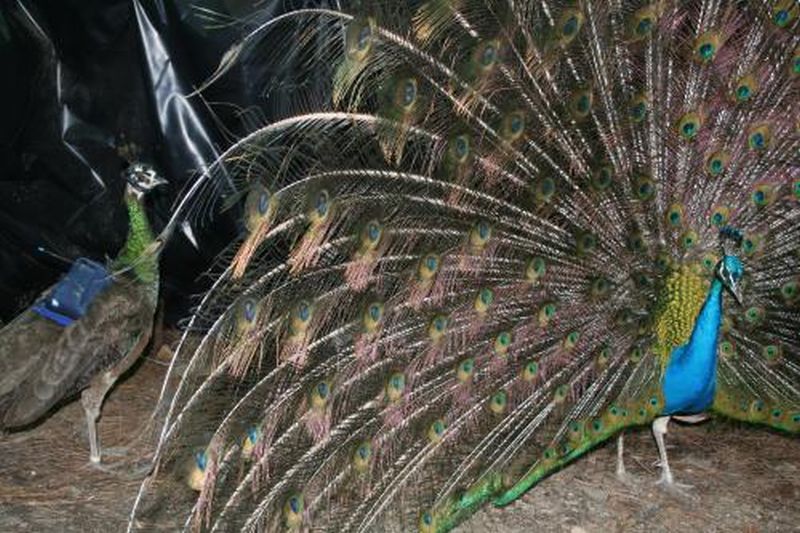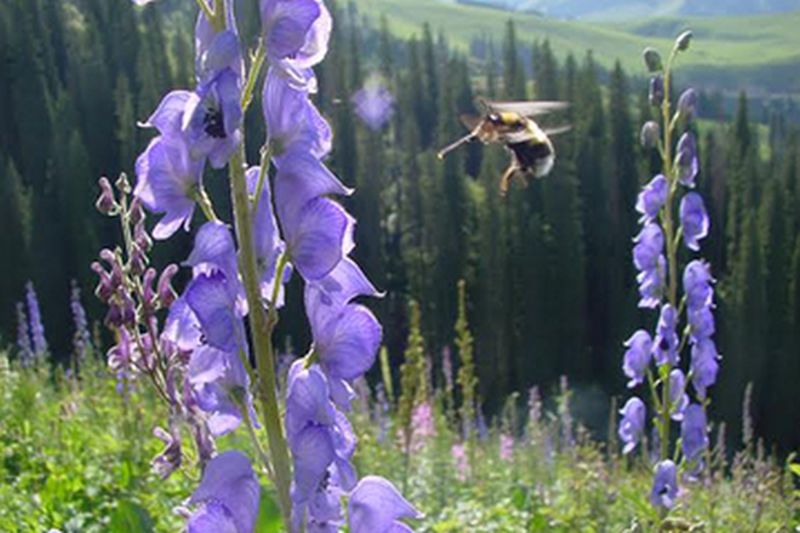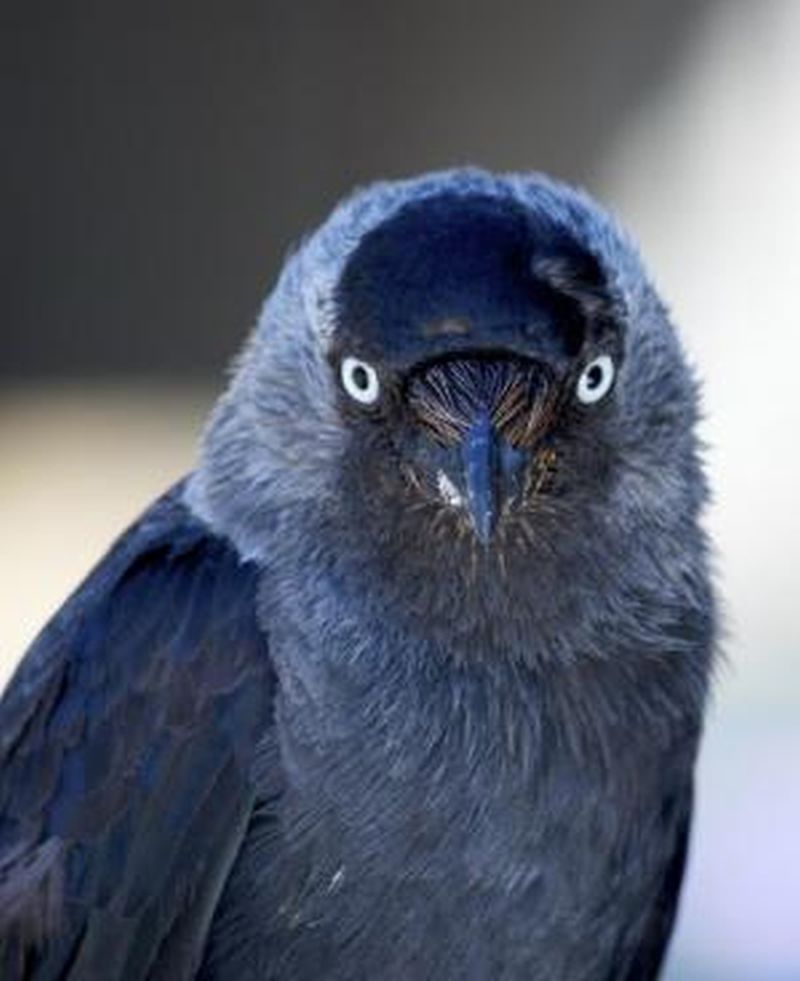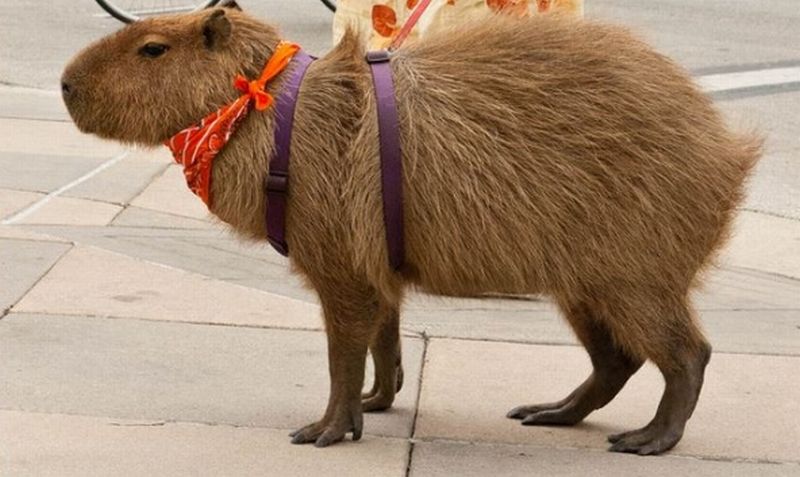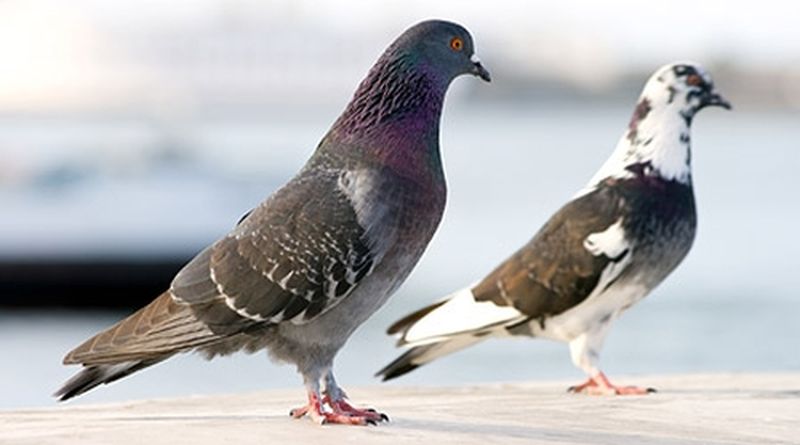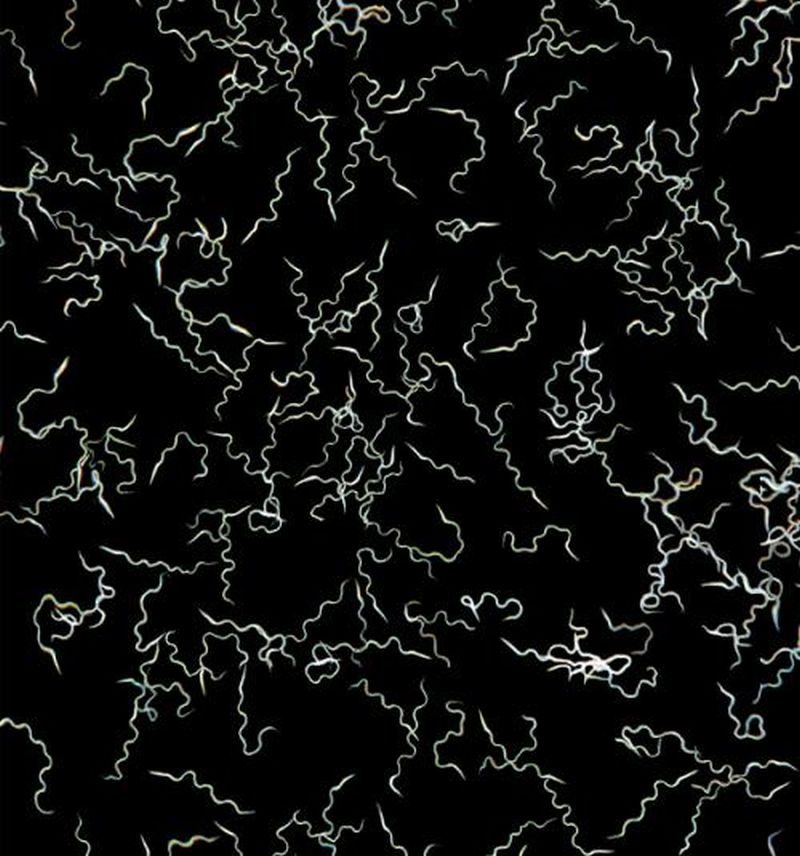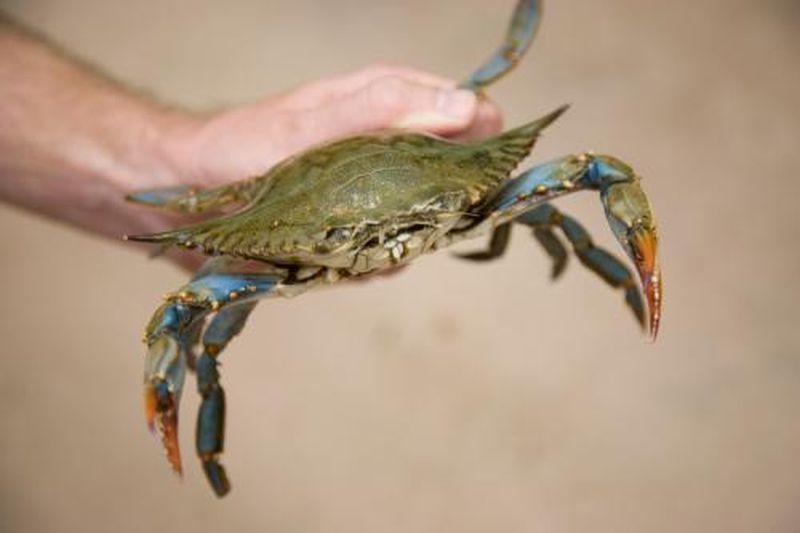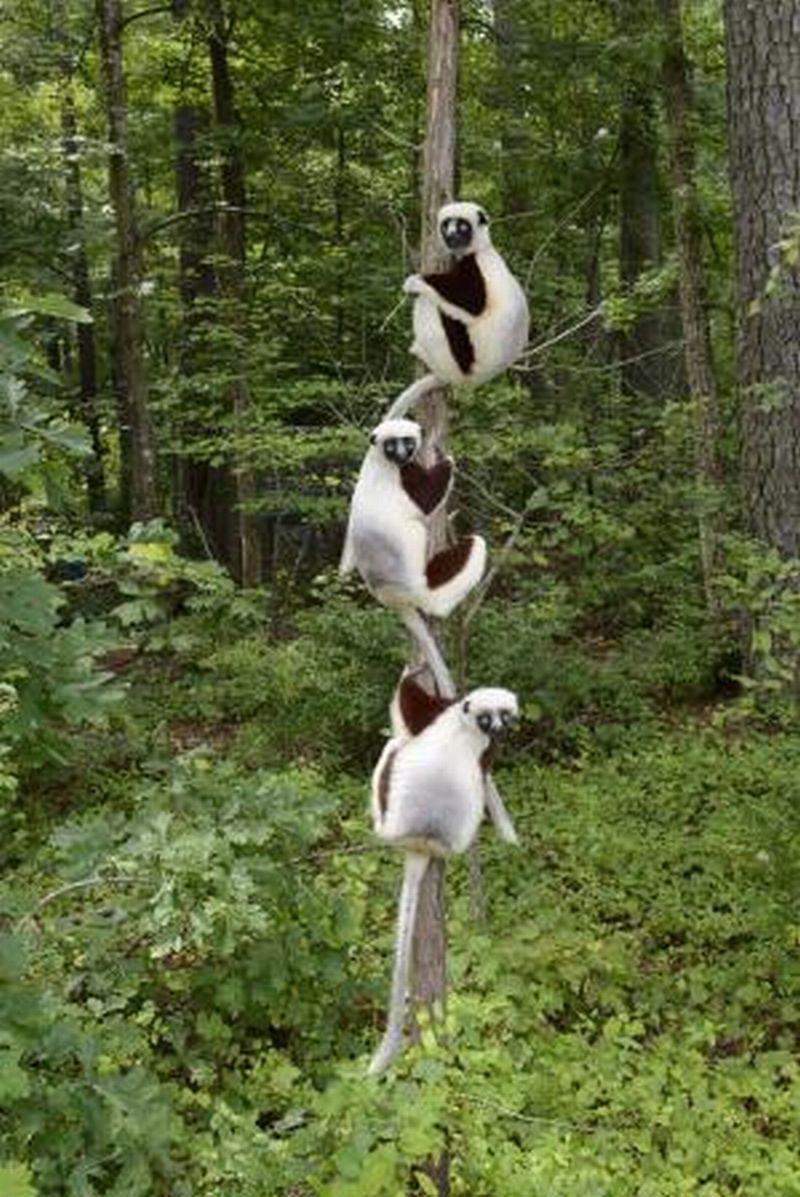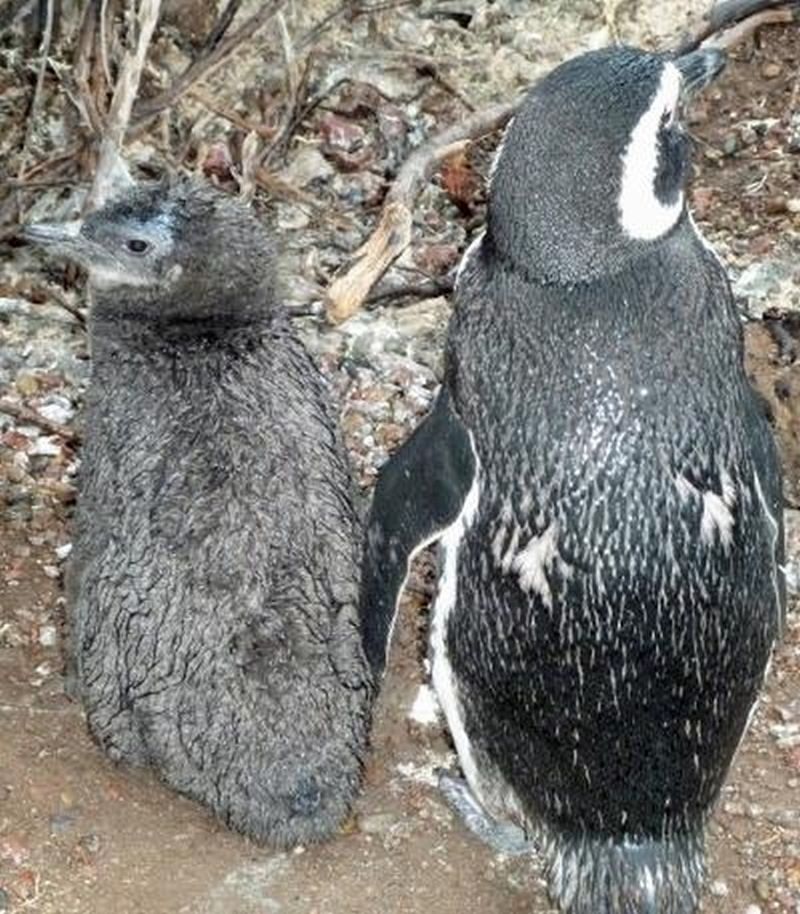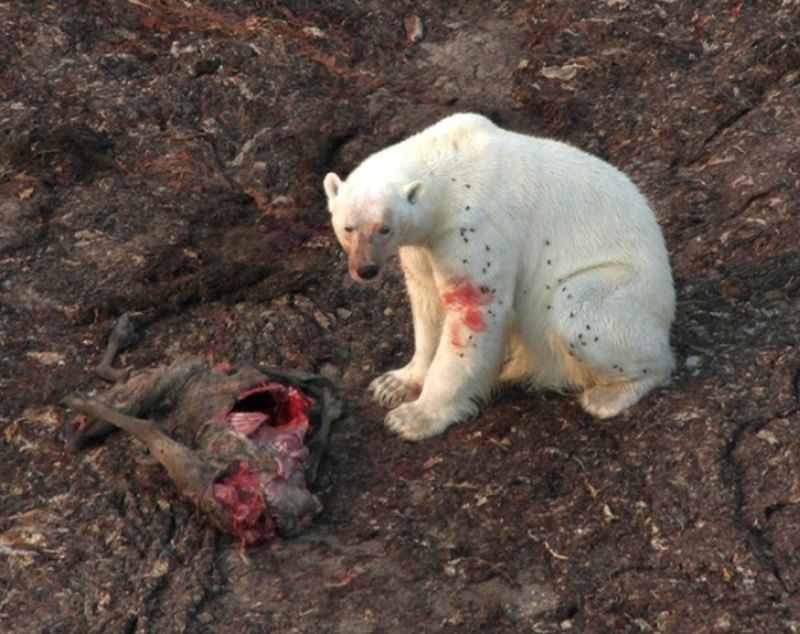In the animal kingdom, the burden lies with the males to seduce and impress the female for mating. We have already covered an article on peacocks, who had mastered the art of dance to impress the peahens. Apart from dance, singing is another way that male birds try to impress its female counterpart. One such research conducted on hummingbirds, showed that they are capable of changing the tunes of the songs that they learned at tender age or even create a new melody altogether. Traditionally it was believed that these…
Read MoreTag: ecology
Fire Ants versus Crazy Ants: Battle For The Ecosystem
We are familiar with the species of ants known as fire ants, which are famous for their painful stings. The venom in the stings causes acute pain in humans and fatal for other species of ants and insects, is known to be twice or thrice more toxic than DDT when compared on a per weight basis. Therefore, these are known to dominate the territory where they reside. However, recently a species of ants have invaded the fire ant territory and giving a tough fight to these native ants.
Read MoreResearchers Observe Tree Climbing Behavior Among Crocodiles
Most people believe that the crocodiles are mainly or semi aquatic and therefore, can hide and attack its prey on land and under water. Many of us would not ever imagine a crocodile climbing a tree to attack its enemy or to feed. But this is a fact, as seen by scientists from the University of Tennessee, Knoxville, crocodile can easily climb and have been seen reaching up to the tree crowns.
Read MoreArctic Polar Bears’ Genetic Adaptations Help Fight Hibernation
Black and brown bears are known to go to hibernate during the winter seasons, to stay warm, cozy and to conserve energy. But researchers are curious to find an answer, why polar bears residing at higher latitudes, unlike brown and black bears hibernate and how do they stand the freezing cold of arctic tundra. Only female expecting babies are often seen to hide in caves during winters to save themselves in exceedingly low temperatures.
Read MorePeacocks’ Legs, Lower Feathers & Dance Attract Peahens The Most
In the bird’s world, males are attractive looking with beautiful bright colored plumage, wings, beaks and some perform dance, makes a beautiful nest and so on, to seek attention and impress females looking for a potential mate. But exactly which features are liked by the females to choose the most eligible male for mating, is not yet understood.
Read MoreBumblebees Can Steer Higher Than Gaint Mount Everest
Humans, unless aided with oxygen mask find difficulty in going to higher altitudes. Even a slight increase in altitude causes breathing related problem in humans. But unlike humans, birds are very well adapted to fly high without any problem. And recently it has been found that apart from birds, even bumblebees are capable of flying at great high. Wondering how high- higher than Mount Everest, which measure 8,848 meters (29,029 feet) above sea level.
Read MoreJackdaws Uses Eye As A Means To Communicate
Humans use their eyes apart from speaking for communication. Even a toddler can understand what his parents’ intent to signal him (anger, love, happiness) through their eyes. But how far animals are capable of conveying their feeling to other members of the clan through eyes, is not deeply studied.
Read MoreRats Might Go Varieties Of Evolutionary Adaptations In Future
There is a lot of work going around the planet to protect the ecosystem and animals occupying them from getting extinct. Today, many species of animals and other creatures have already got extinct or are at the verge of getting extinct due to change in climate, habitat loss and poaching. Now the question that looms before us is, what will exactly happen if the bigger mammals gets eventually extinct. Scientists are of the view that with the extinction of the bigger mammals from the ecosystem, giant rats as big as…
Read MorePigeons Are Born With An Inbuilt GPS
Pigeons are known for their ability to navigate through known locations by recalling of the memorized visual milestones. These birds can learn and follow frequent routes home this depends upon the complexity of the terrain below them which should neither be too pronounced nor to little. Hedges and boundaries provide ultimate landmarks for navigation, demarcating the urban from that of rural area. The research conducted by Dr Richard Mann at the Department of Mathematics, Uppsala University, in alliance with researchers at Oxford University and the Zoological Society of London.
Read MoreSperm Sniffers: Surprising Fact About Mosquito Sperm
Vanderbilt University biologists have unraveled an interesting behavior of mosquito sperm. The mosquito sperm can acknowledge smell and certain kind of chemical smell drives sperm to move forward and harder for reproduction.
Read MoreEyestalk Of Female Blue Crabs Produces Sex Hormone
For many living forms (including humans) eyes have a vital role to play like locating food or prey, keeping an eye on enemies, selecting an ideal place for nesting and so on. But for the blue crabs, eyes have other distinguished role to play. The eyestalks of the blue crab were known to produce hormone, which is responsible for transforming the adolescent crabs to into a healthy and fully-grown adults. Scientists at the Institute of Marine and Environmental Technology in Maryland have revealed the importance of hormone in the crab…
Read MoreLemur Couples Sync With Their Odors
Showing love and affection is important in a relationship, whether it is for humans or animals. Unlike humans, lemurs have their own unique way of displaying love and affection. In one such study, scientists found that the resemblance in the scent displays the intensity of a lemur couple’s relationship.
Read MoreRain Storms and Heat Waves Threaten Penguin Populations
Recently we saw how changes in the climate are forcing the Arctic polar bears to change their diet and are on the verge of extinction. Another such study reveals that such drastic change in the climate is taking a heavy toll on the penguin chick population in Argentina. According to the study conducted by the University of Washington, these young ones, due to extreme weather conditions are dying directly due to lack of food and indirectly as a consequence of heat and drenching rainstorm.
Read MoreClimate Change Forcing Polar Bears To Hunt On Land
Polar Bears population is facing the danger of extinction due to change in climate and continuous melting of ice. The International Union for Conservation of Nature and the U.S. Endangered Species Act lists them as endangered species. As per the latest study, with this change in climate, polar bears who usually used to feed on seal pubs and other marine mammals, have actually started hunting animals that are available on land. This shows when it comes to adapting as per the changing climate, polar bears are far more flexible than…
Read MoreSpace Travel Affects Immune System In Drosophila Flies
Travelling to space can have an adverse effect on the immune system. Researchers at University of California Davis College of Biological Sciences and lead by Deborah Kimbrell, found that the fruit flies (Drosophila flies) born and raised in a spacecraft has weak immune system in fighting commonly occurring fungus. The researchers choose Drosophila flies for the fact that they share many basic features of their defense mechanism with those of mice and humans.
Read More
